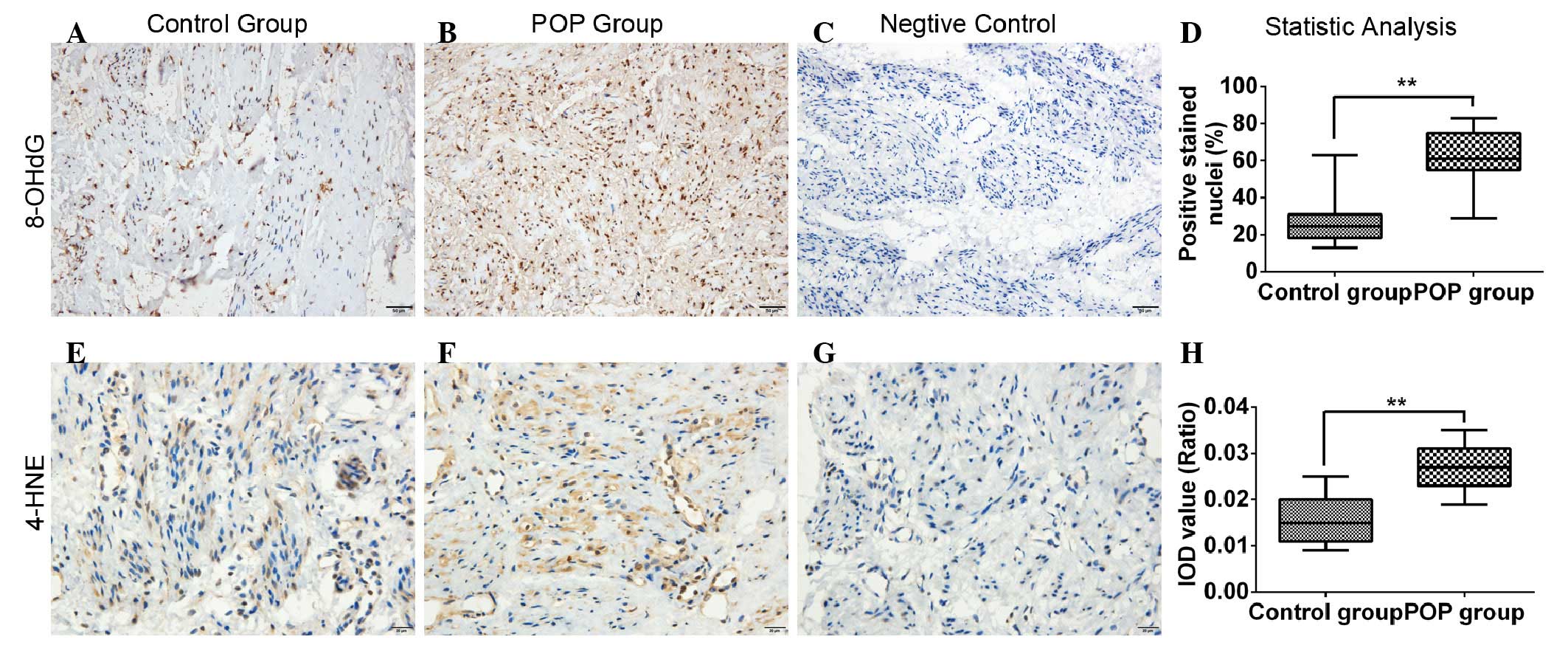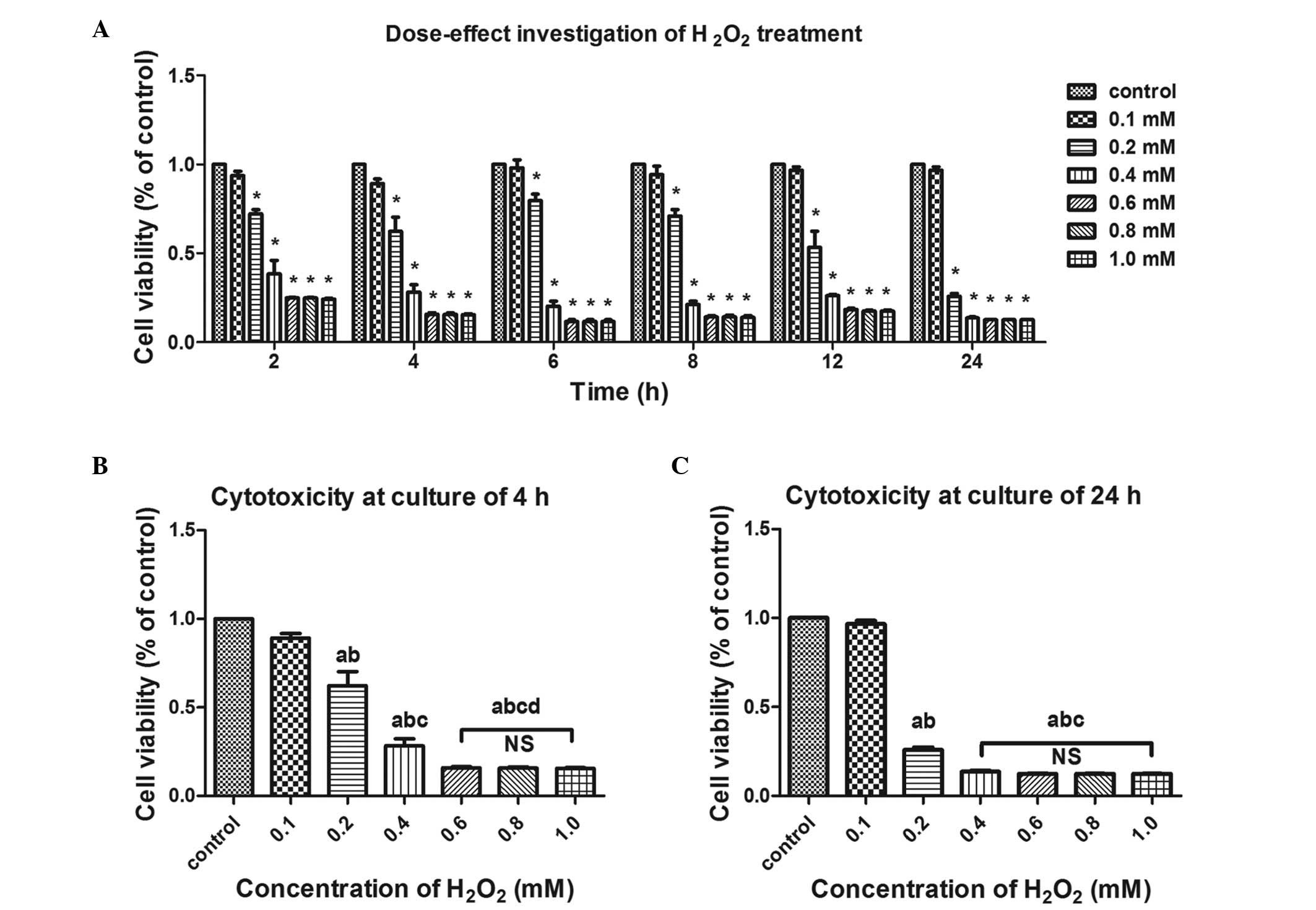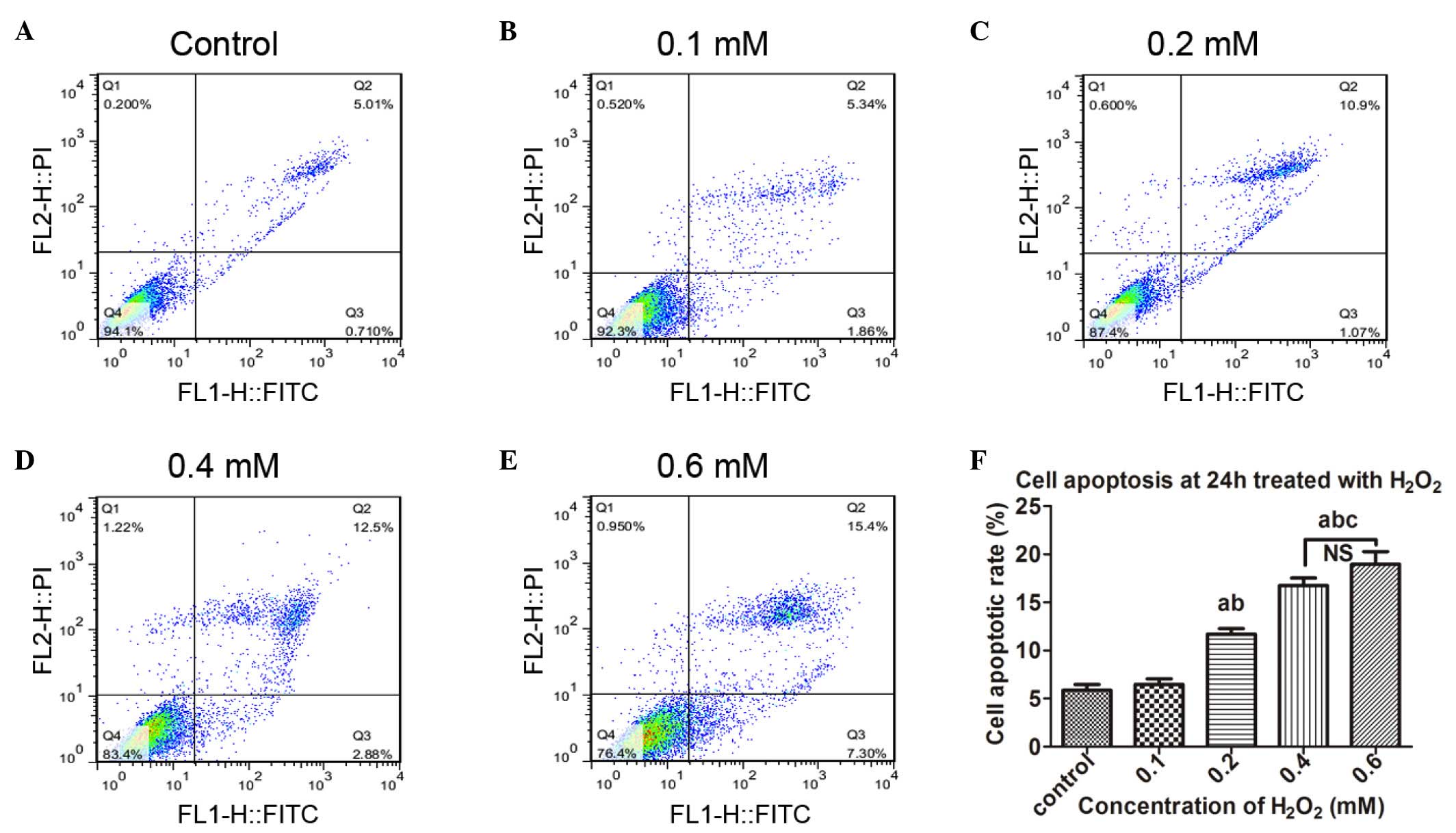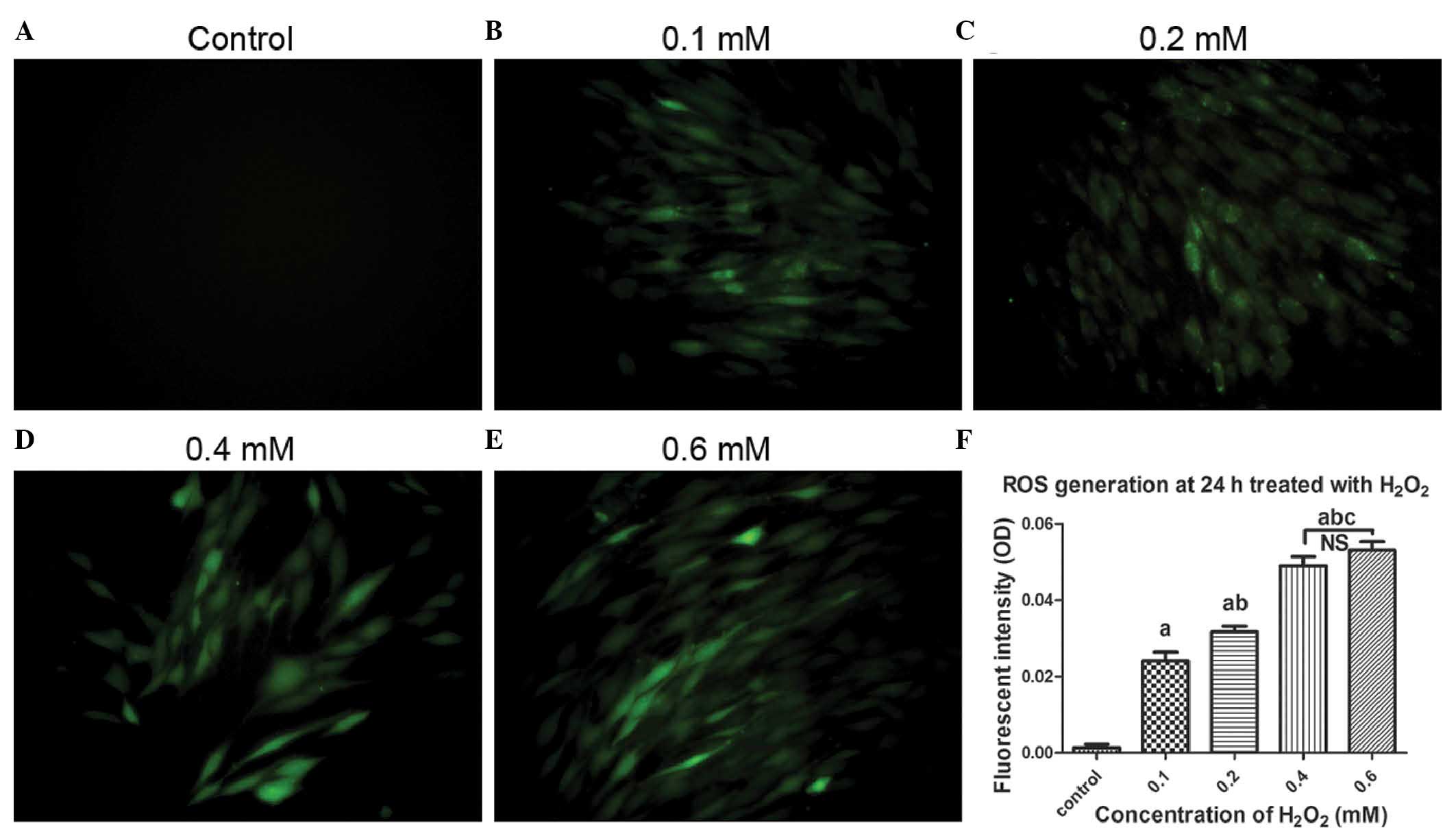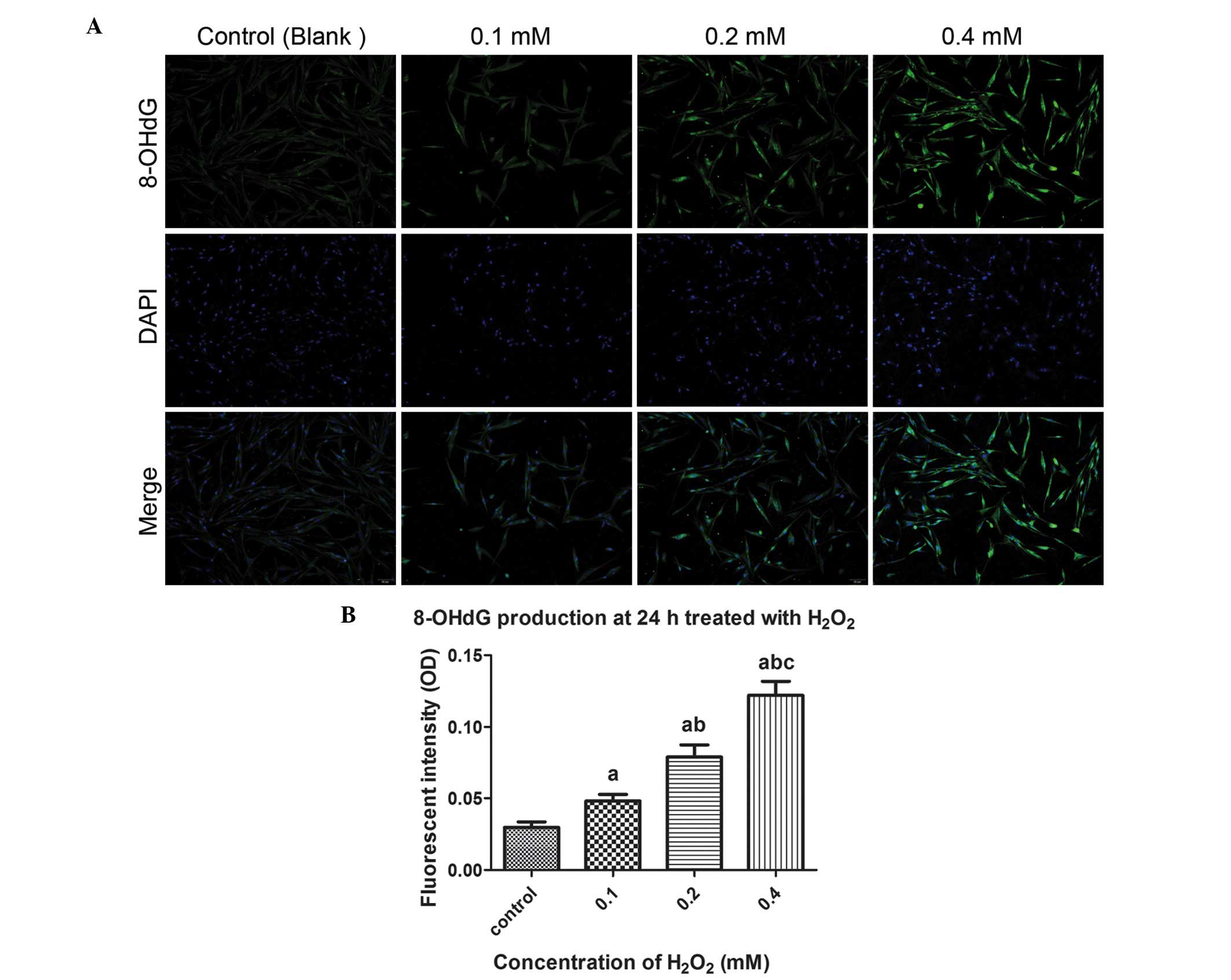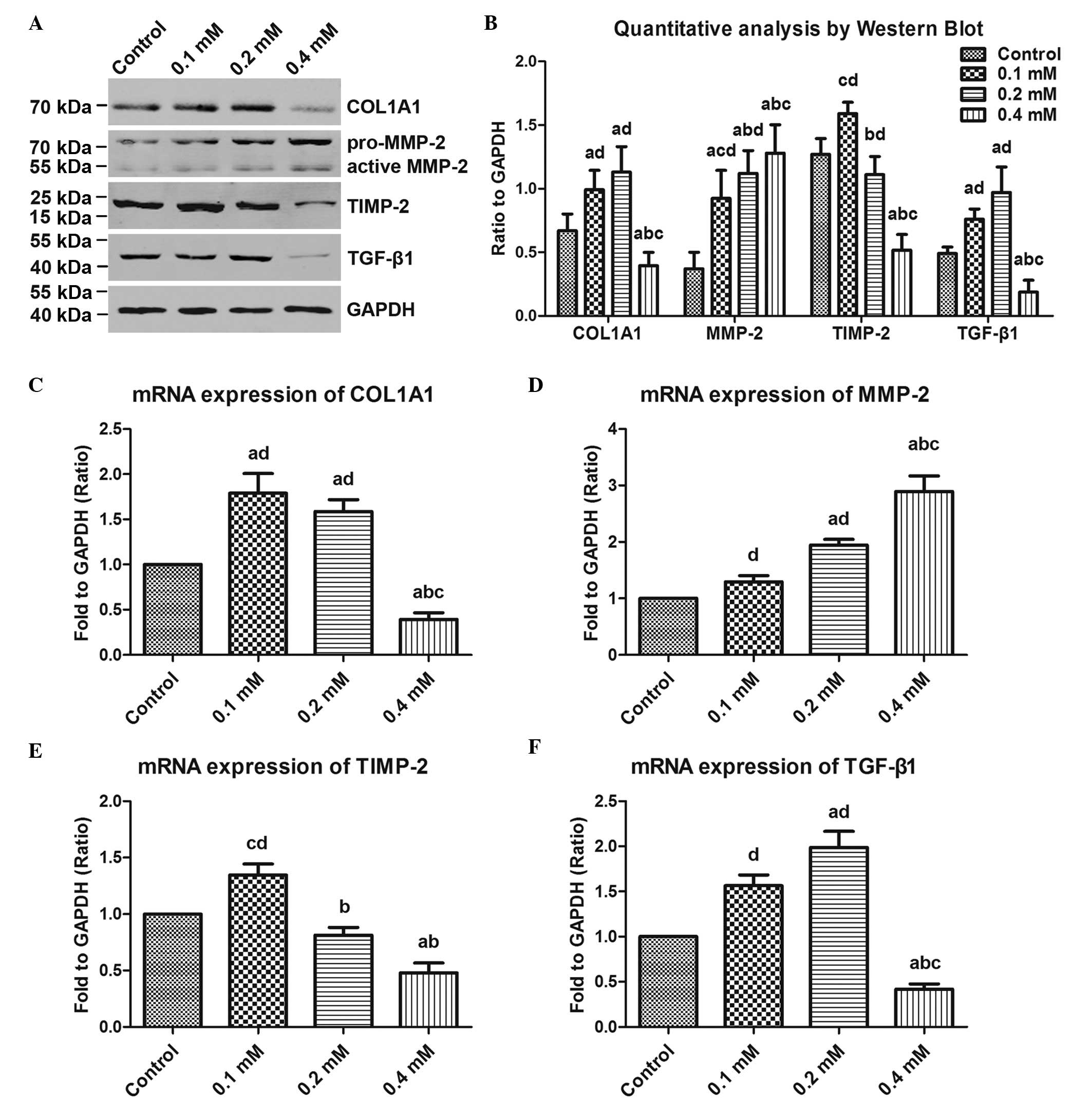|
1
|
Barber MD and Maher C: Epidemiology and
outcome assessment of pelvic organ prolapse. Int Urogynecol J.
24:1783–1790. 2013. View Article : Google Scholar : PubMed/NCBI
|
|
2
|
Olsen AL, Smith VJ, Bergstrom JO, Colling
JC and Clark AL: Epidemiology of surgically managed pelvic organ
prolapse and urinary incontinence. Obstet Gynecol. 89:501–506.
1997. View Article : Google Scholar : PubMed/NCBI
|
|
3
|
Subak LL, Waetjen LE, van den Eeden S,
Thom DH, Vittinghoff E and Brown JS: Cost of pelvic organ prolapse
surgery in the United States. Obstet Gynecol. 98:646–651.
2001.PubMed/NCBI
|
|
4
|
Merrill RM: Hysterectomy surveillance in
the United States, 1997 through 2005. Med Sci Monit. 14:CR24–CR31.
2008.
|
|
5
|
Weber AM, Buchsbaum GM, Chen B, Clark AL,
Damaser MS, Daneshgari F, Davis G, DeLancey J, Kenton K, Weidner AC
and Word RA: Basic science and translational research in female
pelvic floor disorders: Proceedings of an NIH-sponsored meeting.
Neurourol Urodyn. 23:288–301. 2004. View Article : Google Scholar : PubMed/NCBI
|
|
6
|
Jelovsek JE, Maher C and Barber MD: Pelvic
organ prolapse. The Lancet. 369:1027–1038. 2007. View Article : Google Scholar
|
|
7
|
Yiou R, Authier FJ, Gherardi R and Abbou
C: Evidence of mitochondrial damage in the levator ani muscle of
women with pelvic organ prolapse. Eur Urol. 55:1241–1243. 2009.
View Article : Google Scholar : PubMed/NCBI
|
|
8
|
Jackson SR, Avery NC, Tarlton JF, Eckford
SD, Abrams P and Bailey AJ: Changes in metabolism of collagen in
genitourinary prolapse. Lancet. 347:1658–1661. 1996. View Article : Google Scholar : PubMed/NCBI
|
|
9
|
Klutke J, Ji Q, Campeau J, Starcher B,
Felix JC, Stanczyk FZ and Klutke C: Decreased endopelvic fascia
elastin content in uterine prolapse. Acta Obstet Gynecol Scand.
87:111–115. 2008. View Article : Google Scholar
|
|
10
|
Chen B and Yeh J: Alterations in
connective tissue metabolism in stress incontinence and prolapse. J
Urol. 186:1768–1772. 2011. View Article : Google Scholar : PubMed/NCBI
|
|
11
|
Gabriel B, Watermann D, Hancke K, Gitsch
G, Werner M, Tempfer C and zur Hausen A: Increased expression of
matrix metalloproteinase 2 in uterosacral ligaments is associated
with pelvic organ prolapse. Int Urogynecol J Pelvic Floor Dysfunct.
17:478–482. 2006. View Article : Google Scholar
|
|
12
|
Strinic T, Vulic M, Tomic S, Capkun V,
Stipic I and Alujevic I: Matrix metalloproteinases-1, -2 expression
in uterosacral ligaments from women with pelvic organ prolapse.
Maturitas. 64:132–135. 2009. View Article : Google Scholar : PubMed/NCBI
|
|
13
|
Takacs P, Nassiri M, Gualtieri M,
Candiotti K and Medina CA: Uterosacral ligament smooth muscle cell
apoptosis is increased in women with uterine prolapse. Reprod Sci.
16:447–452. 2009. View Article : Google Scholar
|
|
14
|
Sampson N, Berger P and Zenzmaier C: Redox
signaling as a therapeutic target to inhibit myofibroblast
activation in degenerative fibrotic disease. Biomed Red Int.
2014:1–14. 2014. View Article : Google Scholar
|
|
15
|
Fisher GJ, Wang ZQ, Datta SC, Varani J,
Kang S and Voorhees JJ: Pathophysiology of premature skin aging
induced by ultraviolet light. N Engl J Med. 337:1419–1428. 1997.
View Article : Google Scholar : PubMed/NCBI
|
|
16
|
Siwik DA, Pagano PJ and Colucci WS:
Oxidative stress regulates collagen synthesis and matrix
metalloproteinase activity in cardiac fibroblasts. Am J Physiol
Cell Physiol. 280:C53–C60. 2001.
|
|
17
|
Akhtar K, Broekelmann TJ, Miao M, Keeley
FW, Starcher BC, Pierce RA, Mecham RP and Adair-Kirk TL: Oxidative
and nitrosative modifications of tropoelastin prevent elastic fiber
assembly in vitro. J Biol Chem. 285:37396–37404. 2010. View Article : Google Scholar : PubMed/NCBI
|
|
18
|
World Medical Association: World Medical
Association Declaration of Helsinki: Ethical principles for medical
research involving human subjects. JAMA. 318:2191–2194. 2013.
|
|
19
|
Bump RC, Mattiasson A, Bø K, Brubaker LP,
DeLancey JO, Klarskov P, Shull BL and Smith AR: The standardization
of terminology of female pelvic organ prolapse and pelvic floor
dysfunction. Am J Obstet Gynecol. 175:10–17. 1996. View Article : Google Scholar : PubMed/NCBI
|
|
20
|
Hong S, Li H, Wu D, Li B, Liu C, Guo W,
Min J, Hu M, Zhao Y and Yang Q: Oxidative damage to human
parametrial ligament fibroblasts induced by mechanical stress. Mol
Med Rep. 12:5342–5348. 2015.PubMed/NCBI
|
|
21
|
Livak KJ and Schmittgen TD: Analysis of
relative gene expression data using real-time quantitative PCR and
the 2−ΔΔCt method. Methods. 25:402–408. 2001. View Article : Google Scholar
|
|
22
|
Harman D: Aging: A theory based on free
radical and radiation chemistry. J Gerontol. 11:298–300. 1956.
View Article : Google Scholar : PubMed/NCBI
|
|
23
|
DeLancey JO, Kearney R, Chou Q, Speights S
and Binno S: The appearance of levator ani muscle abnormalities in
magnetic resonance images after vaginal delivery. Obstet Gynecol.
101:46–53. 2003.PubMed/NCBI
|
|
24
|
Weidner AC, Jamison MG, Branham V, South
MM, Borawski KM and Romero AA: Neuropathic injury to the levator
ani occurs in 1 in 4 primiparous women. Am J Obstet Gynecol.
195:1851–1856. 2006. View Article : Google Scholar : PubMed/NCBI
|
|
25
|
Lubowski DZ, Swash M, Nicholls RJ and
Henry MM: Increase in pudendal nerve terminal motor latency with
defaecation straining. Br J Surg. 75:1095–1097. 1988. View Article : Google Scholar : PubMed/NCBI
|
|
26
|
Spence-Jones C, Kamm MA, Henry MM and
Hudson CN: Bowel dysfunction: A pathogenic factor in uterovaginal
prolapse and urinary stress incontinence. Br J Obstet Gynaecol.
101:147–152. 1994. View Article : Google Scholar : PubMed/NCBI
|
|
27
|
Pimentel DR, Amin JK, Xiao L, Miller T,
Viereck J, Oliver-Krasinski J, Baliga R, Wang J, Siwik DA, Singh K,
et al: Reactive oxygen species mediate amplitude-dependent
hypertrophic and apoptotic responses to mechanical stretch in
cardiac myocytes. Circ Res. 89:453–460. 2001. View Article : Google Scholar : PubMed/NCBI
|
|
28
|
Davidovich N, DiPaolo BC, Lawrence GG,
Chhour P, Yehya N and Margulies SS: Cyclic stretch-induced
oxidative stress increases pulmonary alveolar epithelial
permeability. Am J Respir Cell Mol Biol. 49:156–164. 2013.
View Article : Google Scholar : PubMed/NCBI
|
|
29
|
Rodríguez AI, Csányi G, Ranayhossaini DJ,
Feck DM, Blose KJ, Assatourian L, Vorp DA and Pagano PJ: MEF2B-Nox1
signaling is critical for stretch-induced phenotypic modulation of
vascular smooth muscle cells. Arterioscler Thromb Vasc Biol.
35:430–438. 2015. View Article : Google Scholar : PubMed/NCBI
|
|
30
|
Kroese LJ and Scheffer PG:
8-hydroxy-2′-deoxyguanosine and cardiovascular disease: A
systematic review. Curr Atheroscler Rep. 16:4522014. View Article : Google Scholar
|
|
31
|
Kim EJ, Chung N, Park SH, Lee KH, Kim SW,
Kim JY, Bai SW and Jeon MJ: Involvement of oxidative stress and
mitochondrial apoptosis in the pathogenesis of pelvic organ
prolapse. J Urol. 189:588–594. 2013. View Article : Google Scholar
|
|
32
|
Ewies A and Elshafie M: High isoprostane
level in cardinal ligament-derived fibroblasts and urine sample of
women with uterine prolapse. BJOG. 116:126–127; author reply
127–128. 2009. View Article : Google Scholar
|
|
33
|
Hinz B: The extracellular matrix and
transforming growth factor-beta1: Tale of a strained relationship.
Matrix Biol. 47:54–65. 2015. View Article : Google Scholar : PubMed/NCBI
|
|
34
|
Rodríguez-Vita J, Sánchez-Galán E,
Santamaría B, Sánchez-López E, Rodrigues-Díez R, Blanco-Colio LM,
Egido J, Ortiz A and Ruiz-Ortega M: Essential role of TGF-beta/Smad
pathway on statin dependent vascular smooth muscle cell regulation.
PLoS One. 3:e39592008. View Article : Google Scholar : PubMed/NCBI
|
|
35
|
Gordon KJ and Blobe GC: Role of
transforming growth factor-beta superfamily signaling pathways in
human disease. Biochim Biophys Acta. 1782:197–228. 2008. View Article : Google Scholar : PubMed/NCBI
|
|
36
|
Yang J, Zheng J, Wu L, Shi M, Zhang H,
Wang X, Xia N, Wang D, Liu X, Yao L, et al: NDRG2 ameliorates
hepatic fibrosis by inhibiting the TGF-β1/Smad pathway and altering
the MMP2/TIMP2 ratio in rats. PLoS One. 6:e277102011. View Article : Google Scholar
|
|
37
|
Moalli PA, Klingensmith WL, Meyn LA and
Zyczynski HM: Regulation of matrix metalloproteinase expression by
estrogen in fibroblasts that are derived from the pelvic floor. Am
J Obstet Gynecol. 187:72–79. 2002. View Article : Google Scholar : PubMed/NCBI
|















